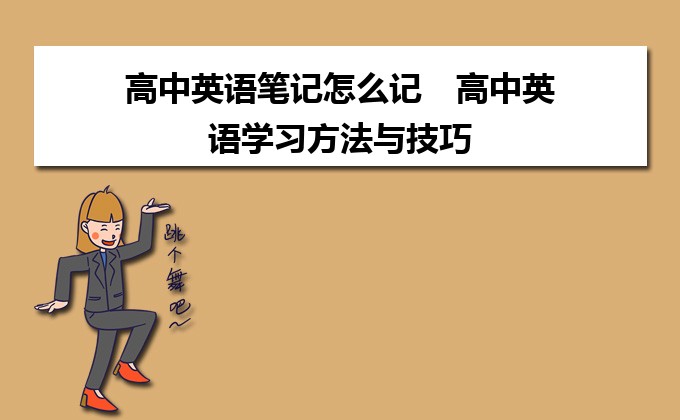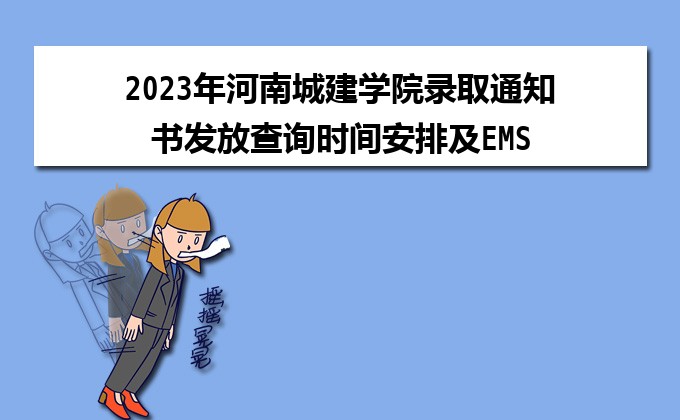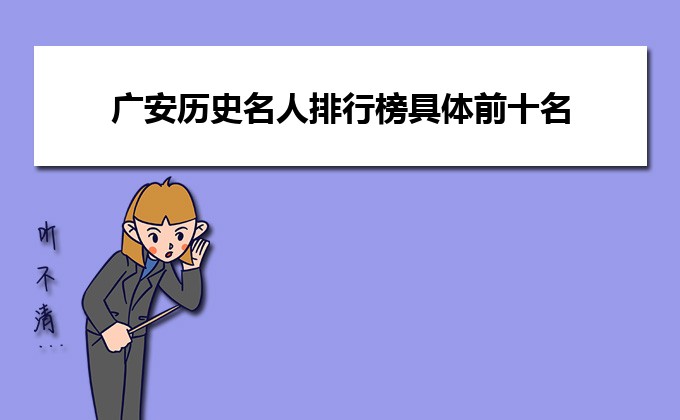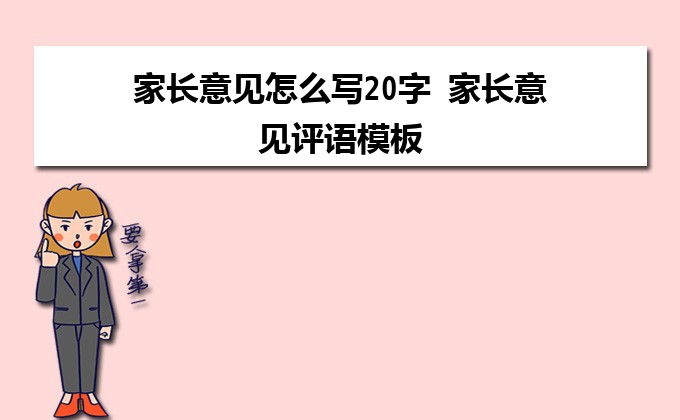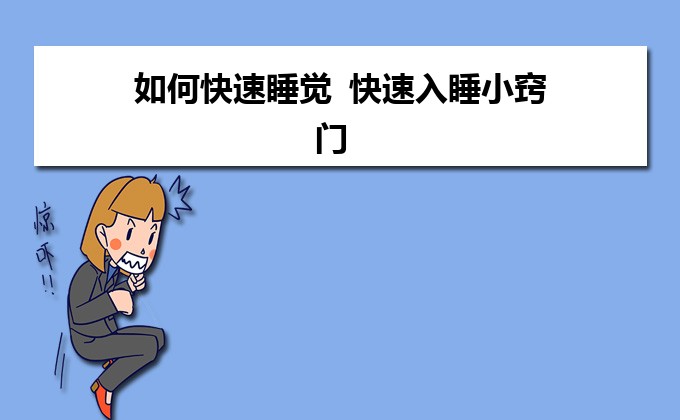这篇文章写给那些分数在0?80之间,想要掌握一些解题技巧,争取在考试中多拿几分的高中学生。当然,我不鼓励同学们只钻研这些解题技巧,如果你的时间充裕,一定要去扎扎实实地记单词,学语法,进行听说读写的训练。但如果你马上要面临高考或者其他考试,看看这篇文章对你有很大帮助。
下面讲的是改错题的技巧,有很多技巧是能让在你看不懂文章,读不懂句子的情况下,只需记住几个单词就能做对题目。
改错题的原则:
1、一个句子大多数情况是1-2个错误,极少数出现3个错误。
2、每次只能改一个单词,不能连续改两个单词。
3、一种类型的语法错误只会出现一次,比如已经改了一个名词变复数的错误,那后文当中就不会在出现名词复数的错误了。
1、 Though / Although …… but
例:My uncle is the owner of a restaurant close to where I live. Though not very big,but the restaurant is popular in our area. (2016全国卷I)
讲解: though和although意为“虽然”,but意为“但是”,在英语中“虽然……但是”不能在一起连用。也就是说though/although和but不能出现在一个句子中,以后在句子开头看到though/although要下意识地马上看看后面有没有but,连句子都不需要读懂,如果有but,你应该很高兴,这一分是稳拿了。把but去除掉。
练习:Although we allow tomato plants to grow in the same place year after year,but we have never had any disease or insect attack problems.(2014全国卷I)
答案:把but去掉
2、because ……so
例:Because I have seen the movie,so I won't go.
讲解:because意为“因为”,so意为“所以”,在英语中“因为……所以”不能在一起连用,他们不能出现在同一个句子中,同样以后看到because要下意识地马上看看后面有没有so,一样地连句子都不需要读懂,如果后面有so,这一份也是稳拿。把so去除掉
3、Beside和besides
例:Beside, they often get some useful information from the internet.
讲解:beside意为“在……旁边”,besides意为“除了”。besides是副词一般放在句子开头,beside没有这样的用法。换句话说就是在句子开头出现beside并且后面有个逗号,连句子都不用看了,直接把“beside”变成“besides”
4、however和but
例:He was five years old. But,he knows a lot.
讲解:however意为“然而”,but意为“但是”,中文的意思基本没有区别。他们的不同在于出现在句子开头时,写完however要有个逗号跟在后面,but没有这种用法
换句话说就是,如果看到but出现在句子开头,并且后面有个逗号,可以毫不犹豫地把but改成however,不需要去读懂句子。
5、非限制性定语从句的连接词不能用that
例:In their spare time, they are interested in planting vegetables in their garden, that is on the rooftop of their house. (2017全国卷II)
讲解:非限制性定语从句前有逗号,非限制性定语从句的连接词不能用that。换句话说就是句子都不用看了,只要这个“that”出现在句子中间,前面又有一个“逗号”,如果前面出现了“人”就把that改成who,如果出现了“事、物”就把that改成which。这一题中就是把that改成which
注:前面是“时间”,则连接词改成when,前面是“地点”,则连接词改成where,但这两种情况出现较少。
练习1:Having tea in the late afternoon provides a bridge between lunch and dinner, that might not be served until 8 o’clock at night.(2013全国卷II)
练习2:The EXIT signs could not be seen clearly, that Psented potential safety problems.
练习3:The hero of the film is Hiro, that is a 14-year-old robotics genius.
答案:练习1:把that改成which
练习2:把that改成which
练习3:Hiro是人名,把that改成who
6、介词后面的动词要变成ing形式
例:I showed them I was independent by wear strange clothes.(2016全国卷III)
讲解:介词后面的动词在90%的情况下需要变成ing形式,不需要读懂句子,你只需认识介词和其后面的动词。在这个句子中你只需认识by是介词,wear是动词“穿”,这一题的改法是把“wear”改成“wearing”
常见的介词有“in,on,at,of,about,after,before,by,from,with,without……”
练习1:After looks at the toy for some time, he turned around and found that his parents were missing. (2015全国卷II)
练习2:After think for some time,I let her copy my answers.(2013四川)
练习3:We can choose between staying at home and take a trip.(2016全国卷II)
答案:练习1:把looks改成looking
练习2:把think改成thinking
练习3:take和staying一样都是在介词between后面,把take改成taking
7、enjoy,practise,mind,like,love,keep等后面的动词要用ing形式
例:I enjoy sit close to the windows and looking at the view.(2015浙江)
讲解:看到enjoy意为“享受,喜欢”,practise意为“练习”,mind意为“介意”,like意为“喜欢”,love意为“爱,喜欢”。出现在他们后面的动词必须是ing形式。基本上也不用看句子但你要认识以上几个单词。这题中,把sit改成sitting
8、to+动词原形
例:She used to holding me on her knees and sing old songs(2013全国卷I)
讲解:to后面的动词在90%的情况下要变成原形。把holding改成hold
练习1:He would ask who we were and Ptend not to knowing us.(2015全国卷II)
练习2:It’s difficult to understanding why she barks every minute she’s outside.(2014辽宁)
练习3:It costs so little that almost every family can afford to buying one.
答案:练习1:把knowing改成know
练习2:把understanding改成understand
练习3:把buying改成buy
9、情态动词+动词原形
例:We can chose between staying at home and taking a trip.(2016全国卷II)
讲解:情态动词can,must,may,should,could,might,have to……后面的动词必须要用原形。这一题中,can后面的chose是过去式,要改成原形choose
练习:We must found ways to protect our environment.(2015全国卷I)
答案:把found变回原形find
10、much和many之间互换
例:We don’t need to do so many homework.(2014全国卷II)
讲解:了解much和many的区别也不用看句子了,只需要看看many或much前后的单词即可。much+不可数名词。many+可数名词复数。much还可以做副词,many没有这种用法。这一题中homework是不可数名词,需要把many变成much
如果实在还是看不懂,把看到的many或much进行互换,也有很大概率做对。
练习1:It does not cost many,yet we can still learn a lot.(2016全国卷II)
练习2:It’s been three Saturdays now and it really costs me many.(2015四川)
练习3:The fruits are small in size, but juicy and tasty. There are so much that we often share them with our neighbors.(2014全国卷I)
练习4:I understood that he missed us just as many as we missed him(2013辽宁).
练习5:Much rare animals are dying out.(2015全国卷I)
答案:把many和much进行互换
11、数词后面的名词加复数
例:There was a long line of traffic for at least for six mile.(2012辽宁)
讲解:数词即是“one,two,three,four,five,six,seven,eight,nine,ten……”出现在数词后面的名词不管你认不认识都必须是名词复数,名词复数最常见的变化是在词尾加“s”,此题中,six是一个数词,我们需要把mile变成miles
练习1:I needed to stay in a hospital for at least for two week.(2012浙江)
练习2:My old classroom was interesting because three side of the classroom were made of glass.(2015浙江)
练习3:As I told you last time, I made three new friend here.(2015四川)
练习4:For example, we can do reading for one and a half hour and play sports for one hour every day.(2014全国卷I)
答案:练习1:week出现在two后面,变成weeks
练习2:side出现在three后面,变成sides
练习3:friend出现在three后面,变成friends
练习4:hour出现在one and a half(一个半)后面,变成hours


